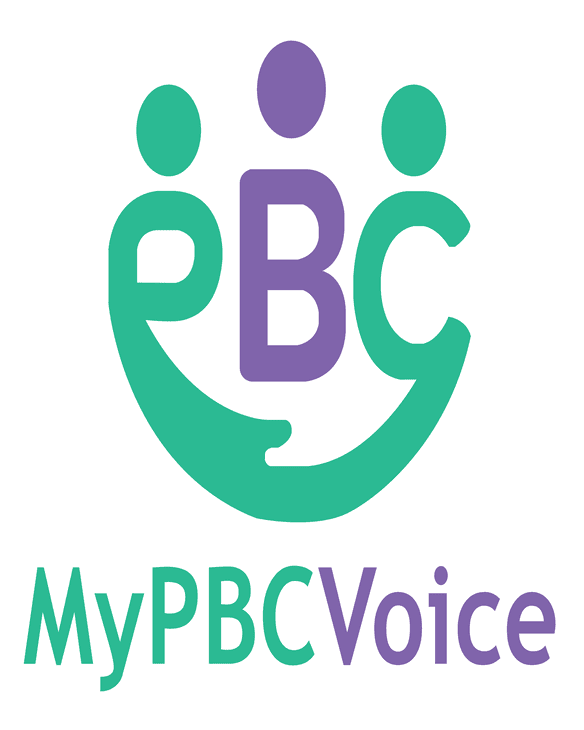Building a healthier tomorrow, even within Correctional Facilities
In a democratic society, the dignity and rights of prisoners are a cornerstone of the rule of law. Respecting their health, their access to prevention, and their ability to invest in a better life after release is not a privilege but a duty of the state—and a marker of its level of civilization.
With this starting point, for the first time an integrated program on smoking prevention, healthy nutrition, and physical activity promotion was implemented at the Special Juvenile Detention Facility of Volos. Through experiential activities, educational seminars, and inspiration from life examples, young detainees had the opportunity to better understand their bodies, challenge harmful habits, and take a small but meaningful step toward self-care and improving their daily lives.
The program was implemented by Promitheas, in collaboration with the Hellenic Thoracic Society and with the support of the Bodossaki Foundation, as part of the Thematic Grants 2024–2025. The official title of the project was: “Pilot Program on Smoking Prevention and Promotion of Healthy Nutrition and Physical Activity at the Special Juvenile Detention Facility of Volos.”
A total of 86 detainees aged 18 to 27 participated. Of these, 76% reported smoking daily, averaging 24 cigarettes per day, while 9% had started smoking during incarceration. The average age of smoking initiation was 14.1 years—evidence of early and multifactorial involvement in high-risk behaviors. On the nutrition side, positive indicators were recorded, such as the use of olive oil (73.7%) and regular breakfast consumption (67.4%). However, access to fruit, vegetables, and wholegrain products remains extremely limited, mainly due to the prison canteen operating without health or nutrition standards. Regarding physical activity, 69.4% of participants appeared physically active, making use of the prison’s outdoor spaces.
A highlight of the program was the detainees’ meeting with Panagiotis Karaiskos, marathon champion, who shared his personal journey, speaking about challenges, perseverance, and the strength one can draw from exercise and self-discipline. His example served as an inspiration for a life with greater resilience, purpose, and perspective.
The program also sought to involve prison staff as a crucial factor in support and change. Discussions with employees highlighted two key issues: the lack of permanent medical and psychosocial staff, and the widespread smoking culture among both staff and detainees. In response, an online training seminar was organized to support smoking cessation, aiming to strengthen staff as agents of health and positive influence.
This intervention took place at a particularly important moment, as the state is proceeding with reforms of the penitentiary framework and the design of new correctional facilities. This institutional transition represents a unique opportunity to integrate key health prerequisites into the new infrastructure: regulated canteens that promote healthy nutrition, adequate exercise spaces and physical activity programs, systematic prevention interventions, and access to specialized health professionals.
At the conclusion of the program, members of the scientific team involved drafted a policy document, to be submitted to the General Secretariat of Anti-Crime Policy. The text includes concrete proposals for integrating health into the design of new correctional facilities, such as establishing nutrition standards in canteens, providing adequate spaces for physical activity, and strengthening prevention and psychosocial support interventions for young detainees.
Health in prisons is not a luxury—it is a marker of social responsibility and proof that imprisonment does not negate the right to dignity, knowledge, and care. The program completed in Volos demonstrated that even within a closed environment, health promotion can thrive when there is collaboration, trust, and belief in the possibility of change.

